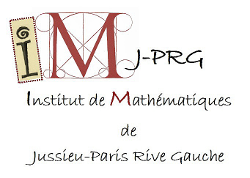| Résume | This study of ancient scientists is based on a dataset formed on the basis of the Encyclopaedia of Ancient Natural Scientists (London, 2008). It includes entries on several hundred persons, pseudonymous and anonymous treatises associated with at least one of the six mathematical (or mathematized) disciplines: mathematics, astronomy, harmonics, optics, mechanics and geography. Our attempt to examine a community of ancient scientists as a whole in its quantitative aspects has to start from the most general questions. Who were the peopled we call ‘ancient scientists’ and how did they view and call themselves? What was at least approximate number of those known to us and in which disciplines were they engaged? Is there any correlation between the number of ancient scientists and their productivity? Can we identify some meaningful patterns in the temporal and spatial distribution of ancient scientists, which would help us to understand the evolution of ancient science and its individual disciplines? What centers of science existed throughout ancient history and how did they succeed each other? To what extent did scientific activity overlap with philosophical engagement? The answers to these questions will help us to determine, whether or not ancient science existed as an autonomous social institution with its values and norms. |

